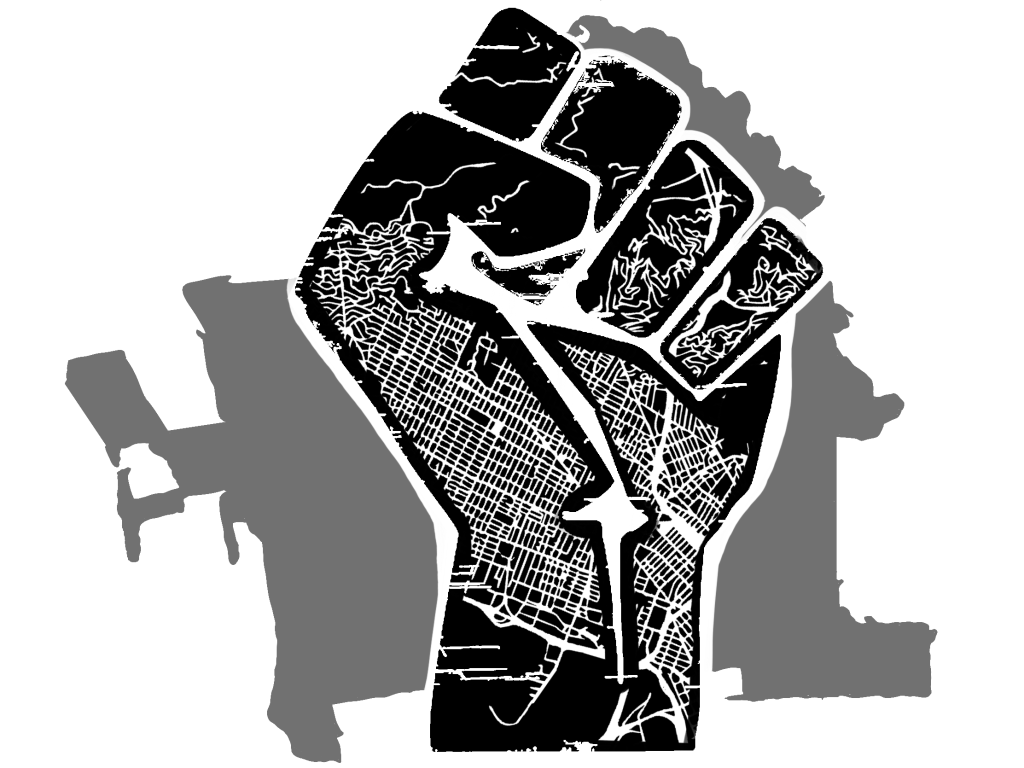Ka’Dijah Brown attended Berkeley schools all her life. She began at Washington Elementary, moved on to Longfellow Middle School, and finally graduated from Berkeley High School (BHS) in 2009. Today, Brown is the current president of the Berkeley Unified School District (BUSD) School Board.
What Brown loves about Berkeley is that its schools are made up of people from all walks of life. “That’s what’s amazing about Berkeley … it’s just this melting pot of really incredible people,” said Brown, who has served on the board since 2018, though this is her first year as its president.
The school board includes two Black members, another who identifies as Latinx, and two white members. “I think that it’s a great representation of what all of our schools look like … diverse people who represent the best and brightest within our district,” Brown said.
Like Brown, Berkeley City Council member Terry Taplin was born and raised in Berkeley. Representing District Two, he said that the current racial and ethnic makeup of Berkeley is dramatically different from what it used to be. According to Bay Area census data from 2000, 13.6 percent of Berkeley’s population was Black or African American in that year. By 2020, that number had fallen to 8 percent. “[Black] voices are really vanishing … People are leaving the city. They’re being priced out. We’re just losing a lot of our diversity,” Taplin said.
Taplin attended Saint Mary’s College in California. He originally planned to study Ancient Greek and Latin but decided to become a politician when he saw all the work that needed to be done in his community. “I live with my mom … I'm helping take care of her. She has multiple sclerosis and diabetes,” Taplin said. “I noticed that all my friends [from high school] were either taking care of their parents or were trying to raise children.”
This experience compelled Taplin to run for City Council. He said, “I wanted to give back to the community that really nourished me and really made my life possible.”
Last year, Taplin passed proposals on affordable and social housing in Berkeley. He also passed the Ceasefire gun violence intervention program, and worked to create more STEM education opportunities and career pathways.
This year, he is proposing a mental health crisis stabilization center, as well as a proposal to lower speed limits and pass other traffic safety reforms across Berkeley. “Traffic violence disproportionately impacts Black and Brown communities,” Taplin explained.
As a Black councilmember, Taplin reported experiencing pushback. “One of the challenges we have [is that] sometimes you see people speaking for other communities without giving those communities the chance to speak for themselves,” Taplin said. “I've also experienced a lot of pushback when trying to talk about things like white privilege with folks… trying to talk about the ways that some of our past policies have harmed communities of color, especially around housing.”

BUSD School Board member Laura Babitt also spoke about a need for affordable housing, especially to preserve racial diversity. Babitt grew up in Oakland and moved back to Berkeley in 2008. She has served on the school board for the past five years and is currently vice president.
Babitt reflected on the diversity of the board. “It's the first [time] that we've had both the president and vice president of African descent on the [BUSD] School Board,” she said, “so I think that's a sign of continuing progress and people being involved and engaged in really wanting to just drive change so that outcomes for all students are improved.”
Similarly, Brown spoke about how Berkeley has come a long way, but still has room for improvement. “Equality is giving everyone the same thing, but equity is giving everyone what they need to be successful. So here in [BUSD], we need to work on improving our service model [for] our students and families of faculty and staff to ensure that everyone is getting what they need to be successful.”
Brown encouraged students to take the initiative to create the change they want to see in their community. “I would implore all of our young people to be the change that we want to see in the world,” she said. “If we want to see a change in the demographics of people who are representing our voices on a governmental level, then this is your time to get active, to get involved, and to rally around causes that are important for you.”





